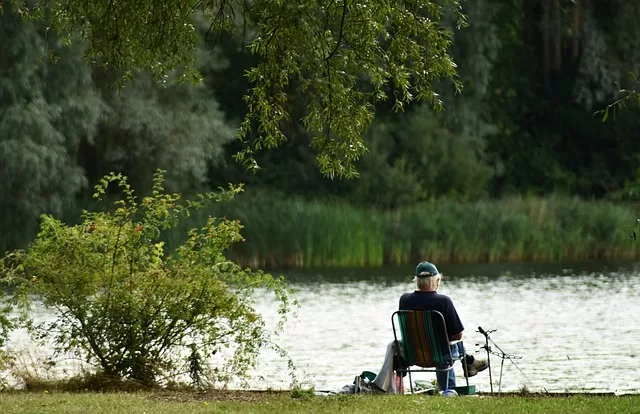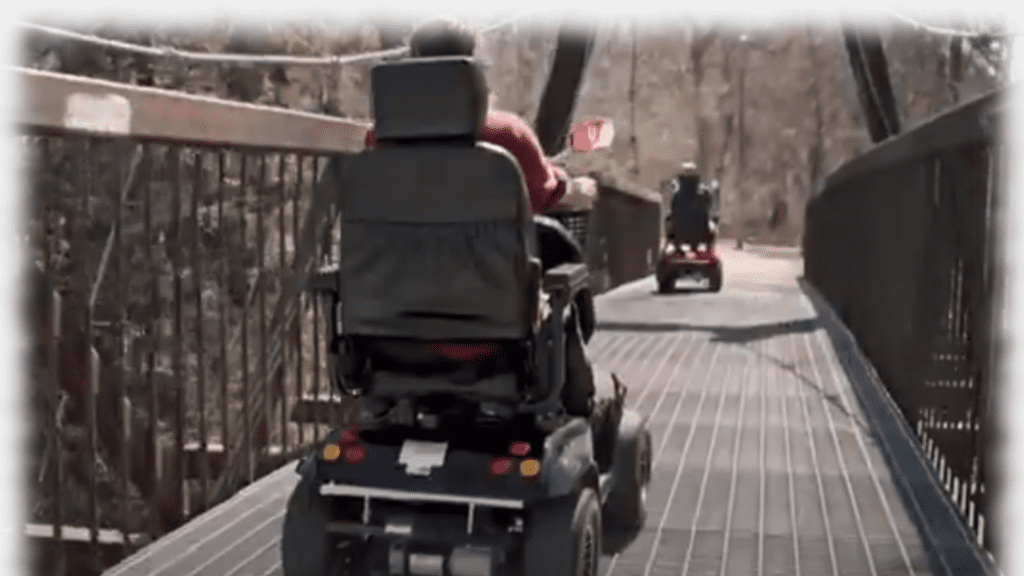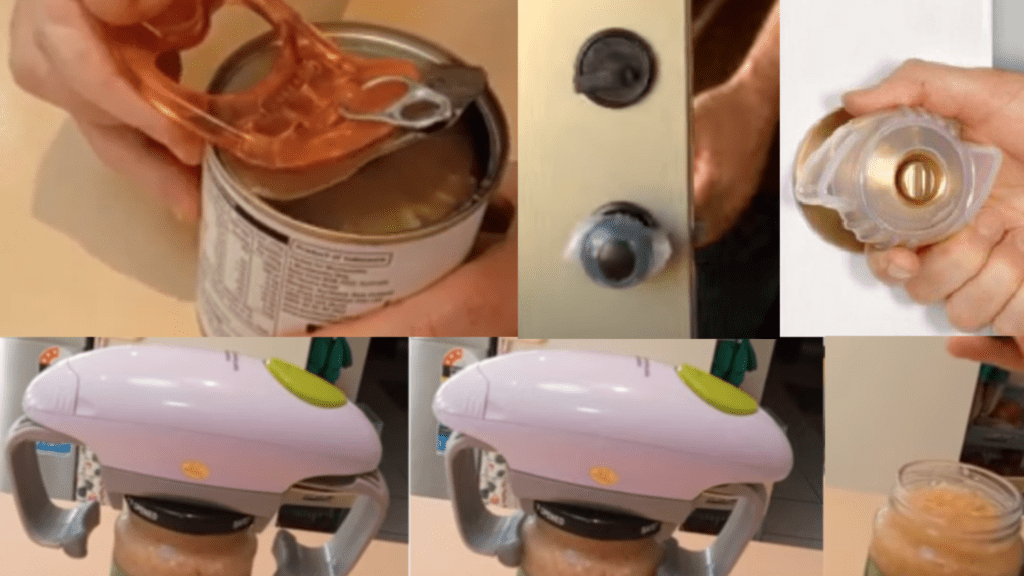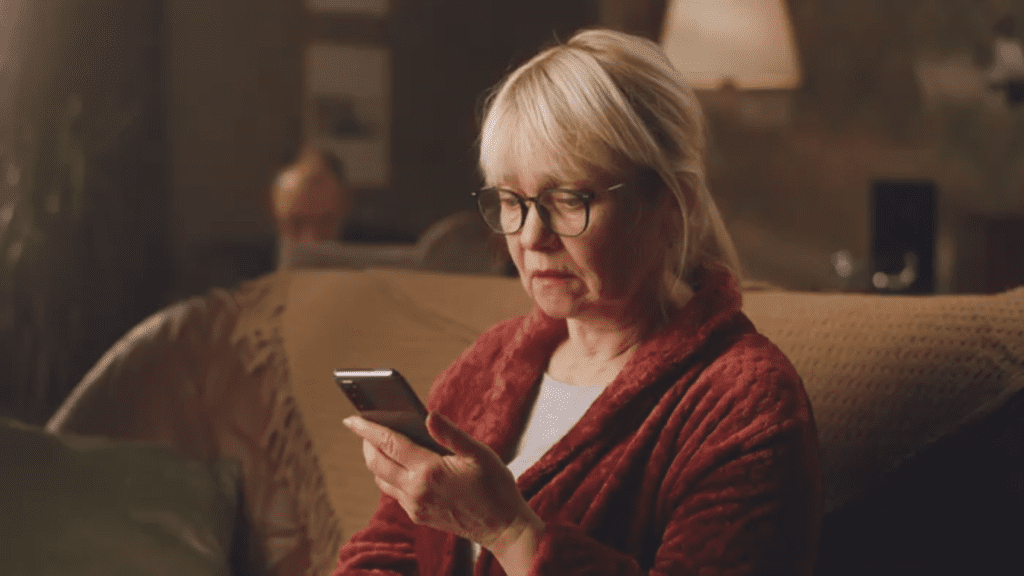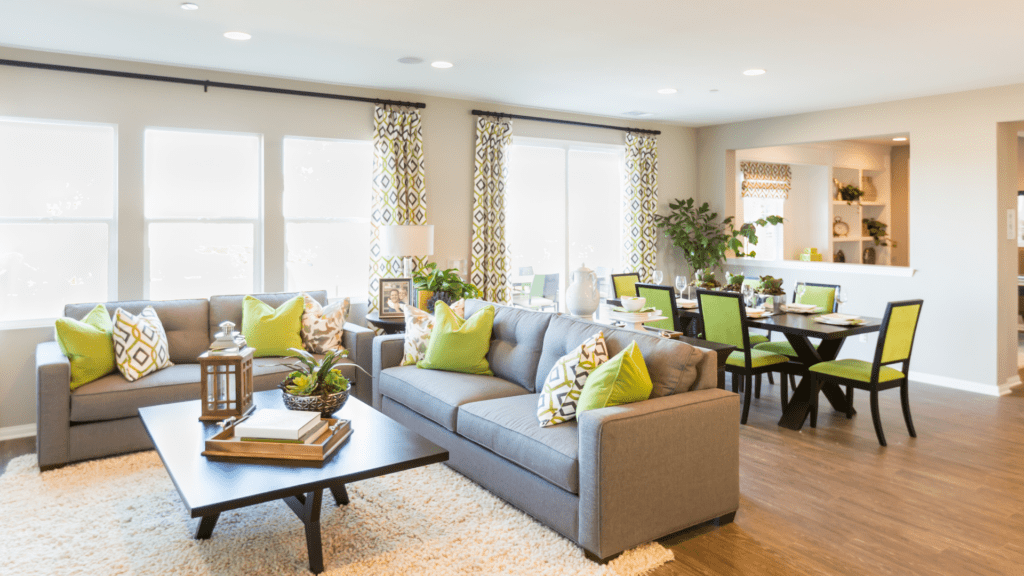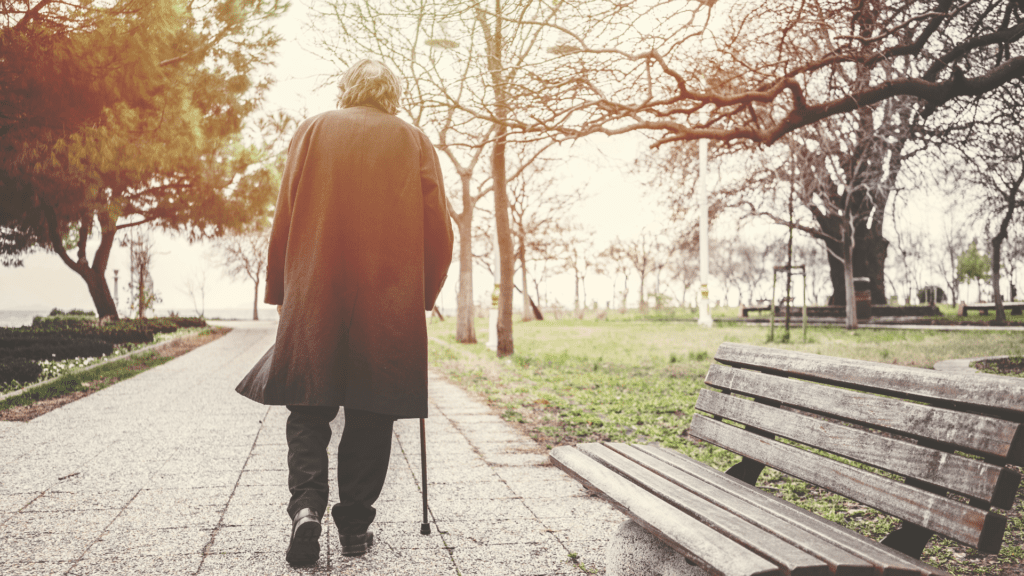Exploring Retirement Accommodation Options.
As our age continues to tick over on the score board and our health and happiness becomes increasingly more important, our accommodation needs and wants will almost certainly change.
I think this is quite normal to think about and the constantly rising cost of living may now be having a negative impact on how you live your life.
If inflation and rising electricity, fuel, grocery, and council land rates, as well as water usage rates have you worried, rest assured you are not the only one. The high cost of just about everything in our lives now is resulted in significant changes to just about everyone’s weekly routines.
Maybe not people in the billionaires club but just about everyone else you meet is feeling the financial pressure at the moment and are worried about the future.
Although there may not always be a need to change where you live, it may simply be a matter of changing how you live.
One thing is certain: any thought process you begin in this space should most likely include (1) your current situation, (2) 10 years from now and (3) 16 years from now and beyond.
By considering the bigger picture, you should be able to identify where your needs and desires overlap across the three stages.
Your current living situation and considerations.
You may be thinking about downsizing today because you live alone in a large house on a large block and seem to spend your entire life maintaining your home.
Your health is good right now, and medical/health considerations are not a top priority, but you should probably start thinking about the future because you live in a town with only two medical practices and no specialist health services.
Another thing you’re now thinking about is that only one of your children still lives in your town and you only know a few people who could help you with the moving process, should you go down this path.
Most of your friends have already moved a larger town 90kms from where you currently live, and it would be easier to move now while your health is good and you have people you can call on to help you with the preparations and the move itself.
There is however a few other ways to stay in your much loved family home and get all the care and assistance you might need in the future.
Thanks to Home Care Service Providers you can enjoy the peace of mind that you’ll have all aspects of your care managed carefully and effectively over the coming years.
These home care companies are a blessing to communities they serve and with their help, you can stay in your home longer when you are on your own.
These services are being further out from the cities at a steady rate, so you might even consider contacting them soon and learn when their unique brand of service will be available to you in your town.
Last but not least for this topic, if you are very much in preference of remaining in your beautiful home right up until the very end of your life chapter, you have options.
If you are on your own, have plenty of money and have zero plans to ever leave your home, I say ‘Good on you’. You’ve probably spent countless years tending your home and you love ever square inch of that property.
To keep you in good stead over the longest possible term you could always employ full time nurses that work 9 hrs per day for you and you alone 5 days per week and will be on call during nights and on weekends.
This is not cheap but if you can afford it, it’s a wonderful option that will make a huge different to your life.
You can also be lucky enough to find a ‘live in nurse’ and this might be someone that’s trying to save money by having accommodation provided to them and will also more than likely be paid considerably more than if they worked in the public system.
These situations are a win/win, you get a fully qualified nurse and they get to save up for the deposit on a home that might look like yours.
You may not be able to convince the nurse to do all of your cooking and cleaning for you though (just saying).
So, to compliment the professional health care your nurse can provide, you will need to employ a full time maid/butler.
It’s unlikely that a maid or butler will be listed in the newspaper though in this modern era, it’s more likely that the will be referred to as house managers or personal house managers.
Wrapping up, if you’ve got a full time nurse and a full time house manager and if you can be lucky enough for both of them to be ‘live in’, I would hesitate a guess to say that you are ‘Set For Life’.
Your Potential living situation 10 years from now.
In this phase, you’ve determined that you definitely want to move to a coastal retirement village within the next 10 years, as these dwellings are typically much smaller than your current home and have very little, if any, maintainable yard for you to be concerned about.
You are satisfied with your current medical practice but are occasionally frustrated that you must wait at least two weeks for an appointment and that you must travel to other towns each time you require medical specialist consultations or diagnostic tests.
You believe that, while things are fine for the time being, this situation will wear thin in five years, especially if your health deteriorates and you require much better access to specialist health services.
You believe there is a slim chance that your children and remaining friends will still live here in this town 10 years from now.
You don’t really wish to wait that long to make the move as by then it’s likely that you will have little help with preparing your house for sale and moving into the retirement resort.
Doing all of this on your own would be attempting to do too much at a time when your strength and overall health may have deteriorated.
You may have grown up hearing about retirement villages as being a place that young people would not like to visit but the world of retirement living has changed dramatically.
Retirement resorts are the current term and this is not just a term to make these places sound better, not at all.
Retirement resorts are amazing, especially the high end ones, they are more like to be called over 55 resorts or similar.
They really are resorts in most cases and I have personal experience reviewing these establishments and I would easily say that above 85% of any you find listed will be well beyond anything you could have ever imagined.
They truly are amazing places to live and visit your parents in and if you have been considering this option don’t put it off any longer.
These resorts typically have special visiting days for groups of people where you spend a few hours these participating in a very detailed tour of the resort. So take your friends and family and go and explore them together, if everyone you take to visit the resort loves the idea of you living there as much as what you do, then maybe that decision about what to do will come easy for you.
Ideas on your living situation 16 years from now.
You have decided that in 16 years from now, you will require at least a low level of assisted living or in-home care assistance, but there are no options in your area.
You understand that you would need to relocate 90 kilometres to a town or city that provides these services but 100% feel as though it would be worth it. You also believe that in 16 years, you will need to live in a location with more specialised medical practitioners and facilities.
In this case, your needs and desires are focused on towns or cities that have retirement villages, higher levels of home care assistance, health professionals, and assisted living facility options.
You are really interested in assisted living facilities and have recently started doing some research. You are shocked to find that your ideas on assisted living facilities are nothing like the real world.
You’ve worked out that you have been probably confusing assisted living with nursing homes and are now quite embarrassed. The thing is, assisted living facilities are not much different to living in a serviced apartment. The only main difference is that you pay for a carefully thought out and tailored assisted living service on top of that.
For instance, you personally might only need assistance with a few things, like putting your shoes and socks on due to bending over issues and you have trouble getting out of your very expensive recliner chair. So, in this situation, you pay for that level or specifics of living assistance.
It’s all very reasonable and makes sense, if you are staring to need assistance now with one or two things, then you can move into one of these lovely facilities now and get that low level assistance you need today and not have to worry about anything.
As you get older and you become reliant on more assistance, then your payment package changes to cater for the additional assistance required.
Don’t panic, this won’t get over the top expensive as these services are typically very heavily monitored by government agencies.
They are probably far better than you realise and most likely very much more affordable than could have imagined.
How can I reduce my electricity costs?
A range of factors determine the amount of energy used in individual households, including your local climate, the age, size and style of your home.
The size, quantity and energy efficiency of major appliances contribute to your electricity bill.
An example of this is the current range of TV’s, a brand new LED-backlit and OLED TV can use as much as 50-60% less electricity than a LCD TV you purchased over 15 years ago.
It’s the same with just about every electrical appliance these days, the current products we have to select from will all be far more efficient electrically than any old units you may be still using at home.
Pay close attention to your electricity bills and compare them to the same time period the previous year.
This gives you an idea of whether or not you’ve improved. Especially if you have gone to the trouble of upgrading all of your light bulbs to LED and replacing a few whitegoods in your home with brand new, very energy efficient units.
If you believe you’ve been doing everything right electrically but haven’t improved, you’ll need to figure out what’s holding you back.
You could be doing something now that you weren’t doing last year, or you could have moved your fridge or freezer to a warmer location or done something that caused it to have poor ventilation.
If this is the case, it will be unable to remove the heat from the compressor, causing it to heat up and work harder to keep the inside temperature at the correct temperature, consuming significantly more electricity.
Here is the link to read my full Blog Page article named Top 20 Ideas To Reduce Electricity Bills.
Should I consider taking my home off the grid?
Many of us are becoming increasingly frustrated and perhaps angry as electricity retailers continue to raise energy prices and governments appear powerless to intervene.
Understandably, this is making many of us want to cut all ties with anyone involved in our country’s electricity supply. Whether they generate the power, distribute or transmit it, or sell it to us as a retailer, the entire industry appears repulsive at the moment, and our disdain for what they are doing to us is driving a large number of people to go off the grid.
Being able to separate ourselves from the greedy madness and profiteering in at least one area certainly has appeal, but if you live in a city or a densely populated town,
I’m not sure going off grid is the best option. I’m not saying it isn’t an option; it certainly is, and many people do it in the suburbs, but I believe a hybrid set-up is a safer and slightly better option.
Solar panels are only the beginning of renewable energy solutions. By purchasing a high usable capacity home battery solution, you can significantly increase your solar-powered energy bill savings.
If you already have solar panels on your roof, the battery can be added with a little extra effort.
If you’ve recently decided to go solar, it’s well worth thinking about getting the battery included with your installation.
Solar panels can help us power our homes during the day, reducing our reliance on grid electricity, which is great, but this only works when the sun is shining.
After we add the battery solution, our solar panels will be able to power our home a very large percentage of the day.
When it’s overcast or as the sun sets and the darkness of night begins, the battery can kick in and greatly reduce our reliance on the grid, and it will keep going until it’s discharged, at which point it will recharge via solar or grid depending on the time of day.
Furthermore, the battery gives us an extra option for excess solar energy during the day.
No longer will we only have the one option of feeding back our excess energy into the grid for ridiculously low feed in tariffs.
Any surplus will now be stored in the battery until it reaches capacity. You’ll only have to rely on the grid when your solar management system detects that the battery no longer has enough energy to power your home.
There’s also good news about battery costs: solar batteries have become significantly less expensive in recent years as more battery manufacturers come online, manufacturing processes improve, and battery technology advances.
As a result of increased supply and improved innovation, solar batteries are expected to become increasingly affordable. More battery manufacturers will emerge, and production of advanced technology batteries will hopefully increase dramatically.
So it’s simply a matter of keeping an eye on the market for smaller, lighter, and significantly improved usage capacity batteries that are manufactured at significantly lower costs.
How can I make my home easier to maintain?
As our life journey takes us into to the retirement or the age pension phase of our life, we frequently feel a desire to simplify our lives.
It’s very likely that we are now starting to think more about just how much work it takes maintaining our home. Sure, you still love your house, but you sure do wish it were a lot easier to maintain.
A low maintenance home and yard may not be a big deal for more financially secure retirees who can afford gardeners, multiple tradies, and professional cleaners on a regular basis, but most of us can’t even afford to think about those costs, let alone incur them.
Low-maintenance home lifestyle tips for those of us in our golden years.
The first cab off the rank is to clear out all the clutter around your home; less is better when it comes to cleaning and maintaining everything in your home.
You simply must accept that you will be able to live without some of these items; you will be fine, the world will not end, and it will not take long for your brain to adjust to the fact that these once-special items are no longer in your home.
Getting used to having fewer things around the house now, while you are still in good health, will make it easier later in life.
After all, if you end up needing a small mobility scooter to get around your house in the future, you won’t have to pay someone to clear out all of your clutter.
When de-cluttering, you might want to think about this type of lifestyle requirement, it might help make some decisions a lot easier.
Additionally, the fewer things you have to bump into, trip over, clean, and move around now, the more time you have to spend doing things that make you happy, like playing lawn bowls.
Over 55s Communities / Retirement Villages.
Retirement villages differ from over 50/55 communities in a few ways. To live in a retirement village, you must be either semi-retired or fully retired.
Some countries, states, or territories may also impose a minimum age requirement for entry.
Over 50/55 communities do have an age entry requirement but do not require residents to be retired in order to purchase a home.
Over 50/55 communities are completely fine with you working either full-time or part-time, which makes these communities appealing to those a little younger who are ready to slow down a little and focus more on enjoying life rather than being overburdened by the mundane routine tasks associated with looking after a block of lands as well as a house.
Service fees are common in retirement villages, whereas site fees are common in over 50/55 communities.
The law will nearly always apply differently to both options; retirement villages are typically governed by State or Federal Retirement Village Acts in your country.
Over 50/55 communities will operate under different legislation, and in a nutshell, I believe it is more in line with what your country will have in place for Residential Parks & their relocatable accommodation.
In the over 50/55 living situations, you usually own your home and the land your home sits on it guaranteed by the government and you will have a site agreement with the company that owns the community.



